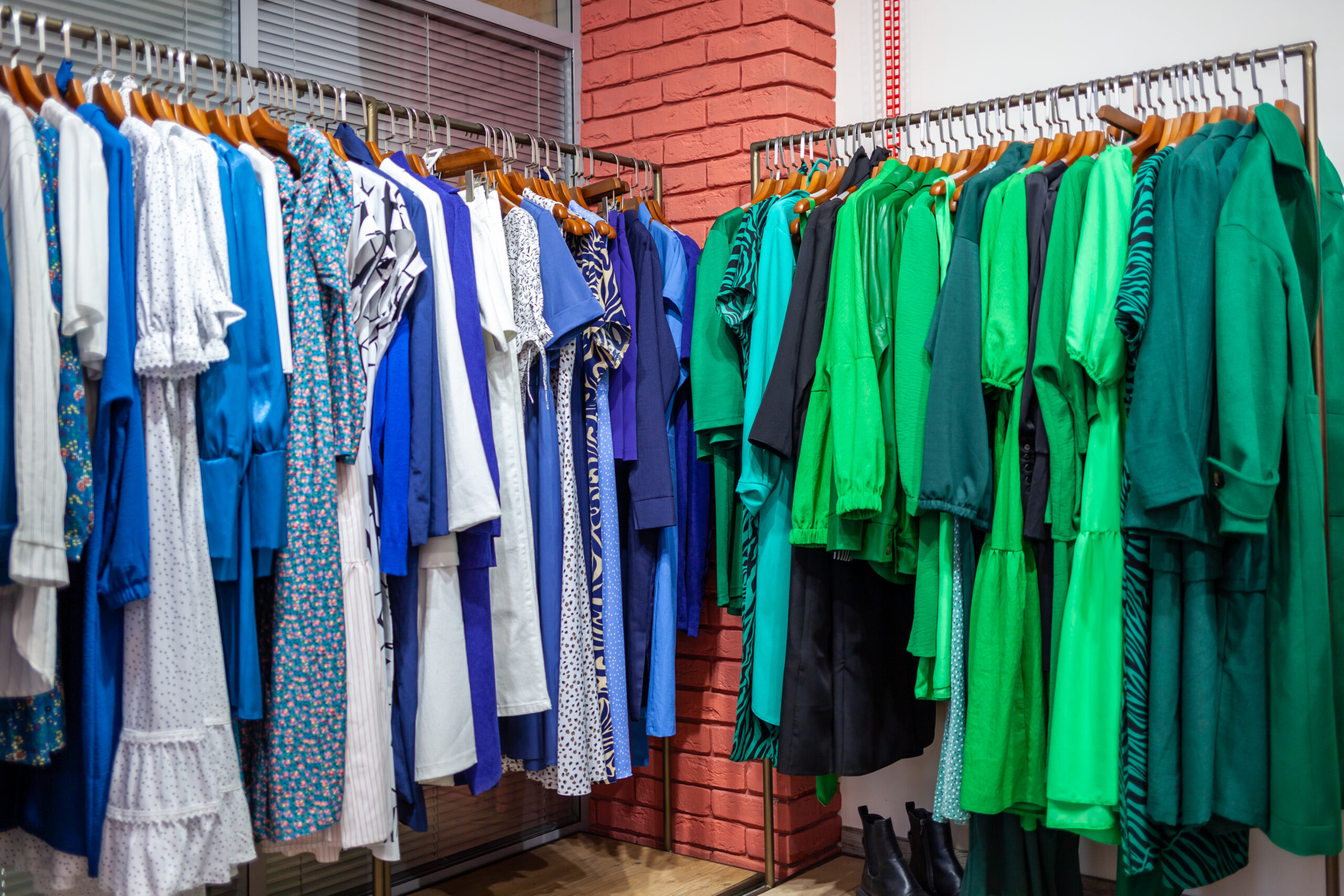
At CCT we want to demonstrate that it is possible to set up Extended Producer Responsibility (EPR) in a different way. Our motivation stems from experience with existing EPR systems and the lessons that can be learned from them.
Collectief Circulair Textiel implements Extended Producer Responsibility (EPR) for textiles in the Netherlands. We strive for an EPR system in which sustainability and social value are central, with collaboration and transparency as the foundation for its operation.
Our vision is that working together leads to better and more widely supported ideas and solutions. Therefore, we start from a different form of governance: we embed inclusive decision-making models that encourage open dialogue and idea generation, with transparency as a prerequisite. Together with producers, collectors, recyclers, municipalities, NGOs, and other stakeholders, we initiate an EPR system that goes beyond the legal objectives.
In Europe, only 1% of clothing is recycled into new clothing. Although in the Netherlands half of the separately collected textiles are already being reused (a step above recycling), there is still a lot of untapped potential. Moreover, a large portion of the textiles is exported for reuse outside Europe, where it is partly dumped or burned. This is not only a waste of resources but also harmful due to the resulting pollution for people and the environment.

Collectief Circulair Textiel is unique because, unlike traditional producer organizations, it does not solely focus on cost efficiency. Traditionally, producer organizations aim to collect and process waste at the lowest possible cost, with environmental benefits being secondary. Classic producer organizations are often not transparent, which complicates monitoring, consultation, and control.
Collectief Circulair Textiel takes a different approach, committing to helping the textile value chain become more sustainable. The starting point for this is a different governance structure in which producers, collectors, recyclers, municipalities, NGOs, and socially-oriented organizations jointly formulate strategic goals that the Collectief Circulair Textiel must implement. At Collectief Circulair Textiel, transparency is central because we believe transparency is necessary for trust, collaboration, and accelerating sustainability. We will also use our position to advocate for good policy processes and more harmonization at the EU-level.
Working together towards EPR for textiles that prioritizes sustainability and social impact.

Copyright © 2024 Collectief Circulair Textiel